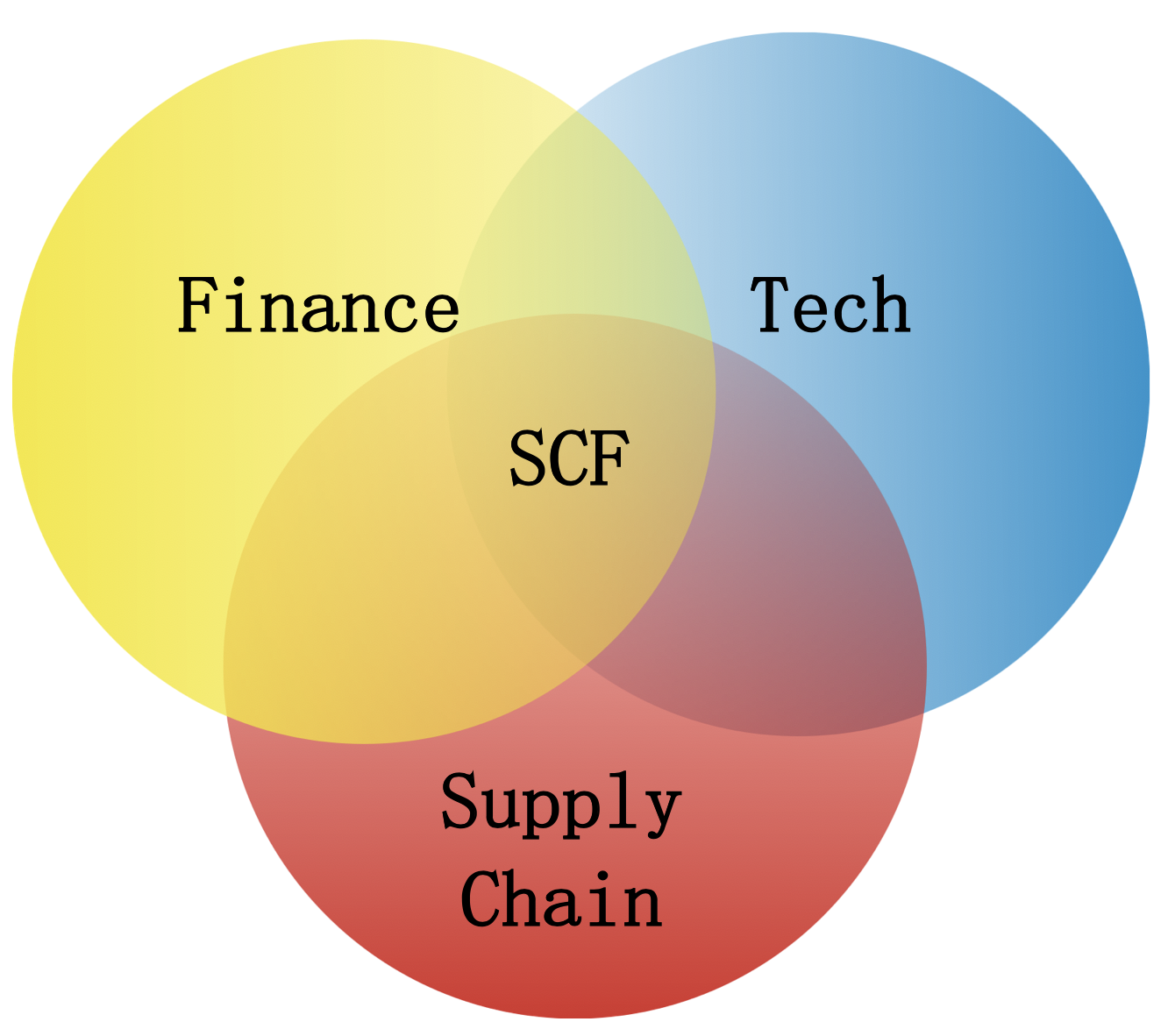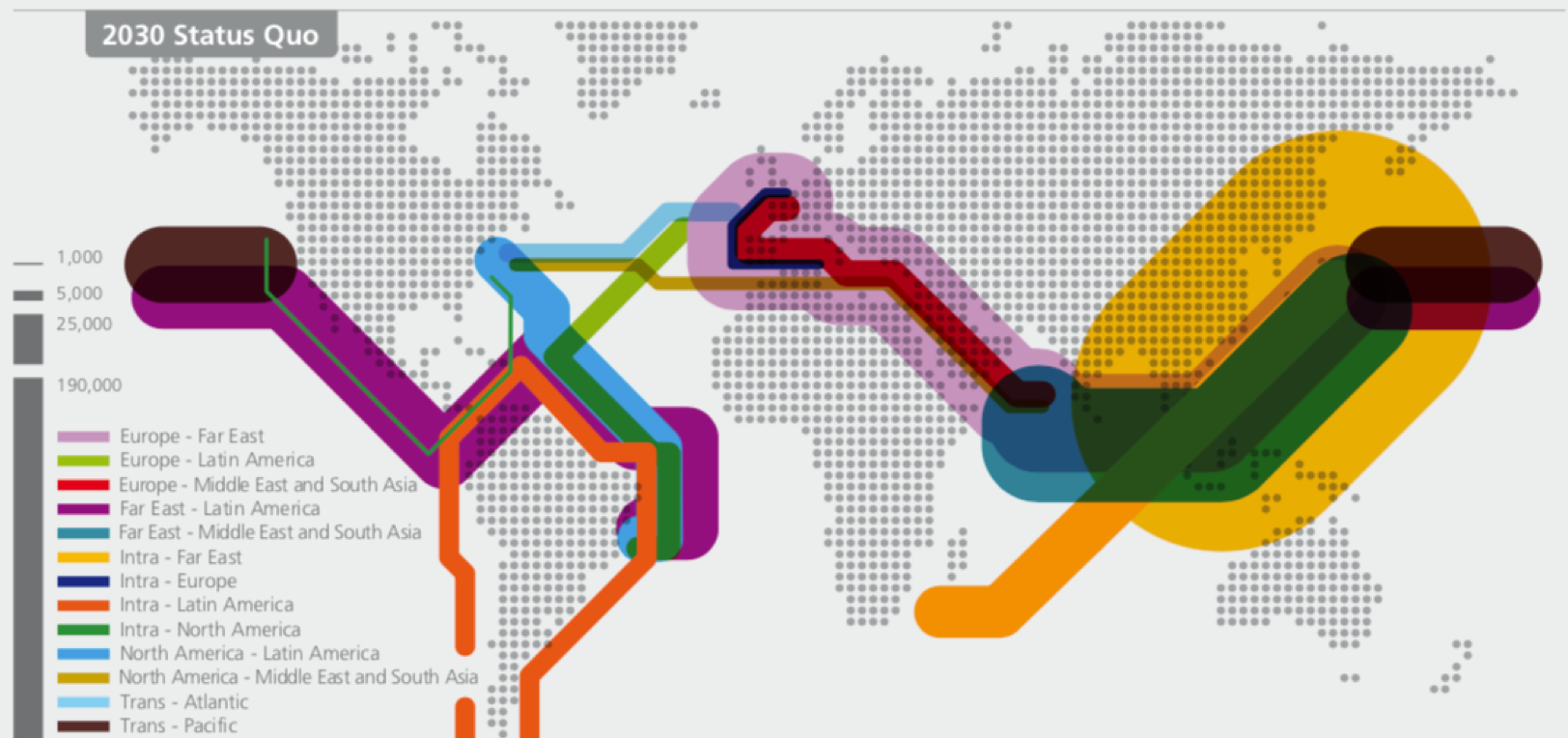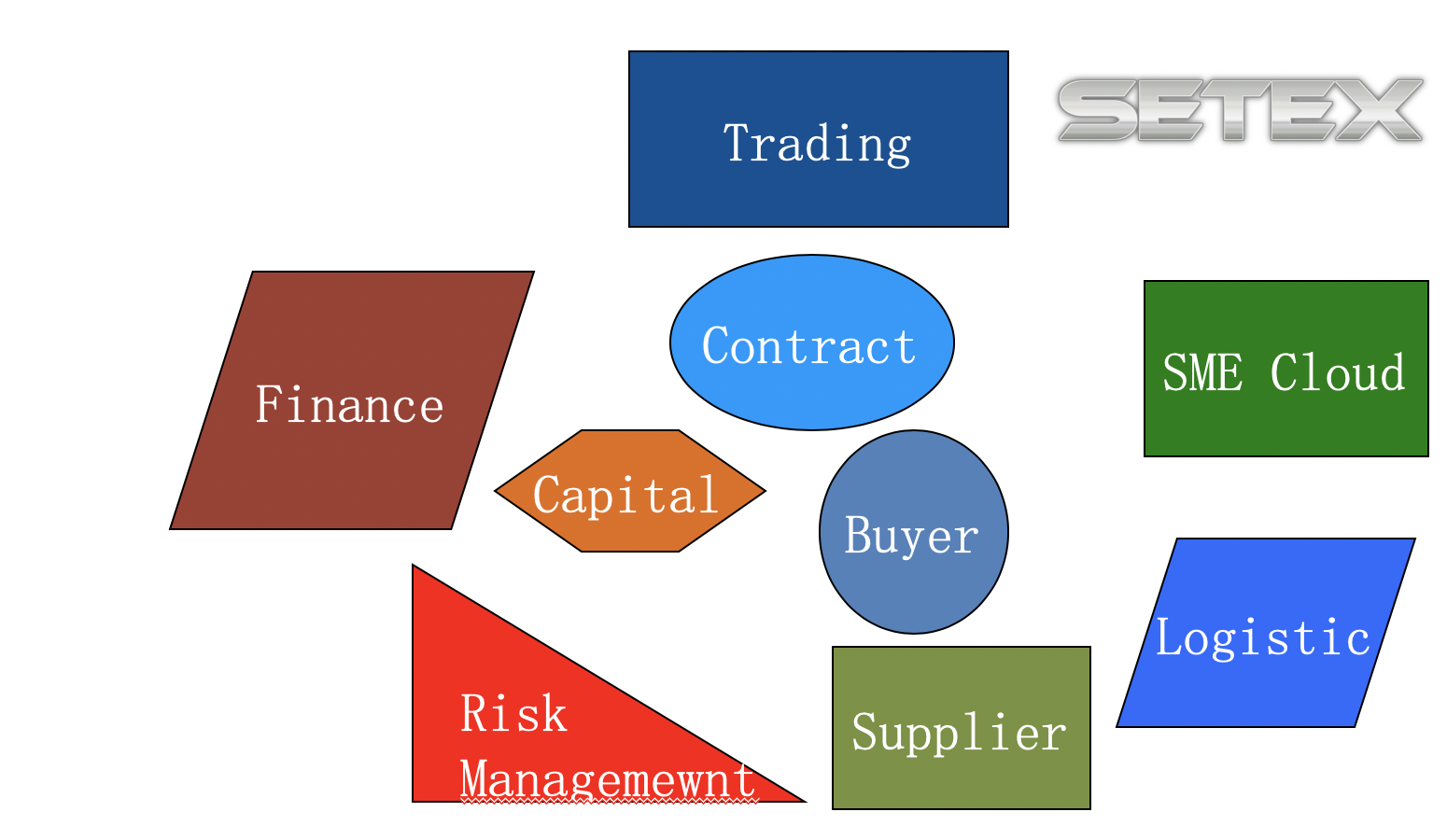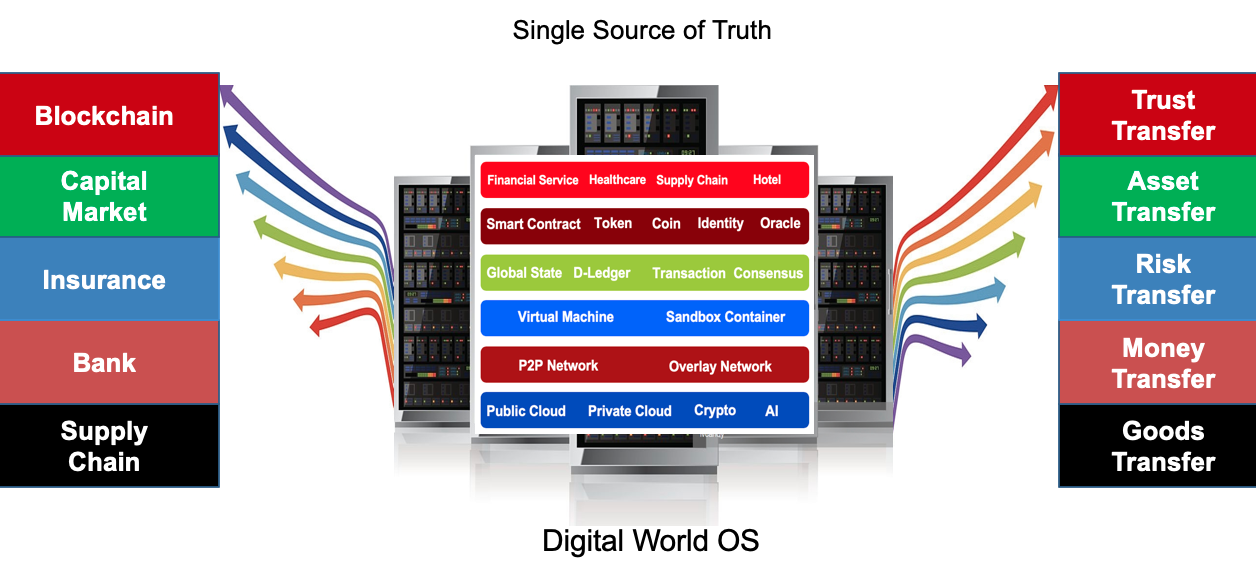Mission
Africa clearly has enormous untapped potential. Africa also faces a range of political, economic and social challenges to realizing that potential. Above all the private sector needs to lead the way in promoting African entrepreneurship as the only effective means of overcoming the systemic barriers to progress that other regional initiatives based on more traditional relationships and organizational models, have hitherto relied upon. These are, on their own, not going to enable Africa to break through. To achieve this breakthrough in promoting Entrepreneurship, the private sector needs to play the leading role.
Our mission is to promote the development of African entrepreneurship to power the re-emergence of Africa as a leading global economy.
- - Tech zones: promotion of Pan African industrial and entrepreneurship zones, including cooperation with existing technology focused zones such as iHub in Nairobi, as well as EthioICT in Addis Ababa, and similar zones in other leading centers that promote the development of tech products and services that improve productivity and skills, as well as create jobs and improve living standards.
- - Capacity building: including training in technology, entrepreneurship, and industry policy development.
- - Investment: sourcing, due diligence, co-investment, and investment platform development.
- - JV to launch Africa Centered businesses. Work towards the establishment of Special Purpose Vehicles (SPVs) to address opportunities in a range of business sectors. These SPVs would normally be majority African owned (controlled) and focus on building entrepreneurial and technical capacity in African and with Africans.
- - Establishment of Pan African Entrepreneurship Platform (PEP).
Pan African Entrepreneurship Program (PEP)
PEP will be the focal point of Entrepreneurship Promotion in Africa. It will bring together public, academic, media, and private sector initiatives. It will foster PPPs, Public Private Partnerships, that all work towards the common goal of achieving the Africa Leap Frog and economic breakthrough, through the realization of a Pan African consciousness and approach to entrepreneurship.
PEP partnerships and initiatives will include top down (Government initiated/supported) and bottom up (Private and education sector). The PEP will act as the hub and flash point, bringing together leaders across sectors to share experiences and experiment and create new approaches, to shed positive attention both from government as well as media and market analysts, recognize and reward achievements, and finally provide new modalities for the funding and acceleration of development of African companies. PEP initiatives, PEP talks, PEP awards, and ultimately PEP Fund and PEP Enterprises. The partnerships would be drawn from four areas (with some further description attached below this note) Government, Industry, Finance, Education. A PEP Advisory board with leaders from each of these domains would guide us.
Four Categories of PEP Partners
1. PEP Government Patrons
First and foremost to most effectively leverage the support of Government leaders in leading African economies, with initial focus on East African synergies (Kenya, Rwanda, Tanzania, Ethiopia), as well as key players/innovation flash points in other regions (Nigeria, Ghana, South Africa, Egypt). This could include collaborations with regional and sub regional bodies, as well as national ICT and Industry development agencies.
2. PEP Co-promotion Partners
These include primarily Existing Tech Zones, Incubators and African Entrepreneurship Programs. Some existing initiatives that we can partner with, or at least could learn from include:
- - Kenya: iHub, M-lab and GearBox in Nairobi
- - Addis: EthioICT Park
- - Nigeria: Tony Elumelu Foundation Enterpreneurship Program
- - Cameroon: AfriLabs (network of African Incubators, and related VC4A fund)
- - Uganda: East Africa ICT Entrepreneurship Program in Havos
3. PEP Financial partners
This includes the range of funds and promotion programs for entrepreneurs:
- - Global tech companies Africa offices (most in Nairobi), Google, IBM, GE, Microsoft
- - African Funds and Foundations (Tony Elumelu in Nigeria, Dangote Foundation)a,/li>
- - Global Funds and ew Foundationsa,/li>
- - Chinese funds focused on Africa. (Asia Infrastructure Development (AIDB), China ExIM Bank, and a recently announced investment fund to promote Chinese electronics and other manufacturers market entry in China).
4. PEP Education and Training Partners
Training/Capacity building in both the business and technology skill aspects vital to entrepreneurship
- - African Leadership University
- - Open Source and Linux Institute, Java Development Framework
- - Chinese Cyber University, related China funded education
- - Leading Global institutes, (eg Aspen Institute, CIGI (Center for International Governance Innovation)
Yang Brothers International
As a “Change Agent” bridging West, East and Africa , Yang Brothers International will combine the Technology Development, Advisory and Investment resources of Yang Brothers, with a select group of strategic investors from Asia, Africa and America, to realize our vision and fulfil our mission in Africa, and develop a leading platform to catalyse change and accelerate business in these areas:
- - West TM - Tech & Management: Tech in Breakthrough Innovation + best practices
- - East TM - Tech & Money: Tech in Adaptive Innovation + Investment Capital
- - Africa TM - Talent & Market. People + African markets
With its root in technology innovation, Yang Brothers International are engaging in the following activities in Africa:
- - Software: Software Development and Software integration, including bridging outsource operation between China &Africa for competitive advantage to serve markets worldwide.
- - Systems: Market entry for producers seeking new markets andefficiencies, as well as connecting HW startups in Africa with manufacturing and supply chain partners in China.
- - Services: Market entry for Internet based service providers, as well as Training/capacity development, especially in the area of Information and Communications Technologies.
















 Nan Yang
Nan Yang Dr. Tan Yang
Dr. Tan Yang Greg Shea
Greg Shea Jade Ellis
Jade Ellis Frank Lau
Frank Lau Jay Elliot
Jay Elliot David Piesse
David Piesse Dr. Simon Handelsman
Dr. Simon Handelsman


